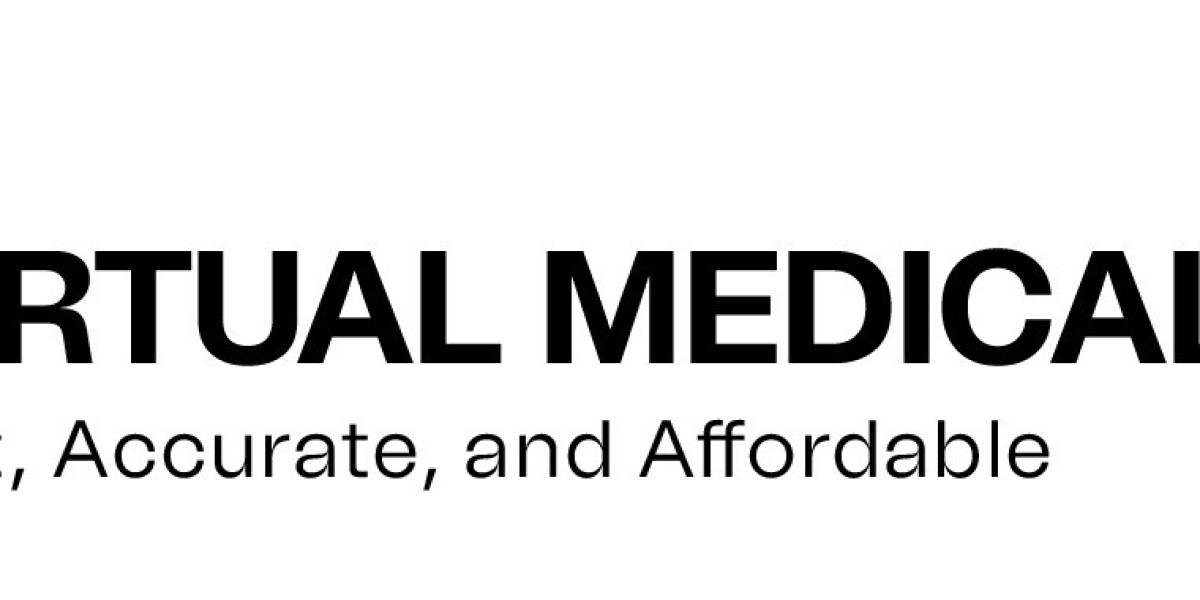Healthcare providers today navigate a demanding environment filled with rapid patient turnover, extensive charting requirements, insurance documentation, compliance checks, and EHR updates. These responsibilities, while essential, significantly reduce the time physicians can dedicate to direct patient care. As documentation pressure increases, practices are turning to advanced solutions like virtual medical scribe services, professional medical transcription services, and flexible virtual medical transcription tools to restore efficiency and accuracy.
These innovative services support clinicians with real-time or post-visit documentation assistance, ensuring medical records are complete, clear, and compliant. By integrating these tools into daily practice, healthcare organizations can dramatically improve workflow speed, record quality, and operational productivity.
What Makes Virtual Medical Scribes a Vital Asset?
A virtual medical scribe is a remote specialist who listens to patient visits in real time and enters information directly into the EHR. Unlike traditional scribes who sit inside exam rooms, the virtual model leverages secure communication platforms to work from anywhere without compromising confidentiality.
How a Virtual Medical Scribe Service Operates
The physician connects with the remote scribe at the start of the shift.
During each encounter, the scribe documents patient complaints, assessments, plans, histories, and exam findings.
Data is entered into the EHR as the consultation unfolds.
By the end of the day, charts are already complete and ready for provider approval.
This setup allows clinicians to focus entirely on diagnosing and treating patients instead of typing continuously.
Advantages of Using Virtual Medical Scribe Services
1. Improved Visit Flow
With documentation handled externally, appointments progress smoothly without interruptions.
2. Higher Documentation Quality
Virtual scribes are trained to recognize clinical relevance, ensuring records are thorough and accurate.
3. Lower Workload Stress
Physicians receive major relief from after-hours charting, one of the biggest contributors to burnout.
4. Better Patient Satisfaction
Patients appreciate being heard and seen without the barrier of constant typing or screen-checking.
5. Cost-Controlled Staffing
Practices pay for the service, not employee benefits, reducing operational expenses.
The Importance of Medical Scribe Services in Healthcare Operations
While virtual support is growing rapidly, medical scribe services—both onsite and remote—remain essential for many clinics. A medical scribe becomes an extension of the provider, ensuring documentation stays precise and organized.
Key Responsibilities of a Medical Scribe
Preparing charts before appointments
Updating medical histories
Documenting clinical findings during visits
Entering diagnostic details and orders
Helping maintain accurate coding details
Supporting follow-up documentation
Their involvement reduces physician workload and minimizes errors that could affect reimbursement.
Why Many Providers Still Rely on Medical Transcription
Despite evolving technology, medical transcription remains a dependable documentation resource. Providers simply dictate their observations, and trained transcriptionists convert those recordings into structured medical reports.
Benefits of Medical Transcription Services
Clinicians can speak naturally without formatting constraints
Quick turnaround times for completed transcripts
Increased accuracy through expert human review
Ideal for long or complex reports
Useful for specialists who perform detailed procedures
Medical transcription services support practices that prefer flexibility and want control over the dictation process.
Virtual Medical Transcription: A Modern Upgrade
Virtual medical transcription enhances traditional transcription by operating entirely online. It allows physicians to upload audio securely and receive polished reports from anywhere.
Key Strengths of Virtual Medical Transcription
Accessible from laptops, smartphones, or tablets
Designed for HIPAA-compliant data security
Faster delivery times through digital workflow automation
Cost-effective for clinics of any size
Provides consistent quality with multiple accuracy checks
This option is particularly useful for telehealth practices, mobile physicians, and multi-location clinics.
Comparing Virtual Scribes and Transcription Services
While all these solutions aim to improve documentation, their functions differ. Some providers prefer real-time assistance, while others prefer dictation-based workflows.
Comparison Table
| Feature | Virtual Medical Scribe Services | Medical Transcription Services | Virtual Medical Transcription |
|---|---|---|---|
| Workflow Style | Real-time documentation | Transcription from dictation | Cloud-based dictation upload |
| Best For | Busy practices, high-volume clinics | Providers who favor dictation | Mobile and telehealth providers |
| Turnaround Time | Immediate, real-time | A few hours to 24 hours | Fast, digital turnaround |
| Complexity Handling | High, specialty-focused | High accuracy with human review | High efficiency with digital tools |
| Cost Efficiency | Reduces admin labor | Variable depending on volume | Typically low-cost and scalable |
How These Documentation Services Improve Practice Efficiency
1. Increased Patient Capacity
With less documentation time, providers can see more patients per day without feeling overwhelmed.
2. Better Clinical Decision-Making
Clear, well-organized records ensure physicians can reference details quickly and confidently.
3. Reduced Claim Denials
Accurate notes support correct coding, leading to fewer insurance rejections.
4. Enhanced Provider Well-Being
Physicians regain personal time and experience lower stress levels.
5. Stronger Compliance
Proper documentation reduces risk during audits and improves accuracy for all patient encounters.
Why Practices Are Adopting Virtual Documentation Solutions
Healthcare continues to evolve, and digital support systems have become essential tools for sustaining quality care. Physicians must balance clinical duties with documentation pressure, and these tools help:
Maintain precise patient histories
Track treatment progress accurately
Meet insurance and regulatory requirements
Prevent burnout and provider turnover
Support scalable growth for expanding practices
In today’s fast-paced environment, adopting virtual medical scribe services, professional medical transcription services, and adaptable virtual medical transcription solutions is becoming a strategic necessity, not a luxury.
Frequently Asked Questions (FAQs)
1. What makes a virtual medical scribe different from a typical medical scribe?
A virtual medical scribe works remotely through secure communication tools, while a traditional medical scribe works onsite.
2. Is a virtual medical scribe service safe for patient data?
Yes. These services follow strict HIPAA standards and use secure encryption for all communication.
3. How long does virtual medical transcription take?
Turnaround varies, but digital workflows often deliver reports faster than traditional transcription methods.
4. Can medical transcription services handle specialty-specific terminology?
Yes. Transcriptionists are trained to work across various specialties, including cardiology, orthopedics, neurology, and more.
5. Do virtual medical scribe services cost more than hiring an in-person scribe?
In most cases, virtual services are more cost-effective because practices avoid benefits, equipment, and training expenses.
6. Will these documentation services integrate with all EHR systems?
Most scribes and transcription providers are familiar with major EHR platforms, offering smooth and efficient integration.
7. Can small practices benefit from virtual medical transcription?
Absolutely. It is scalable, affordable, and does not require in-house staff or equipment.
8. Do these services help reduce physician burnout?
Yes. By removing hours of daily charting, physicians regain work-life balance and experience less stress.
Conclusion
In a world where healthcare demands continue to rise, efficient documentation tools are more important than ever. Whether through virtual medical scribe services, dependable medical transcription services, or streamlined virtual medical transcription, practices gain powerful support that enhances accuracy, reduces workload, and strengthens patient-centered care.
These solutions help physicians reclaim their time, improve documentation quality, and build a more productive clinical environment—making them essential components of modern medical practice.


